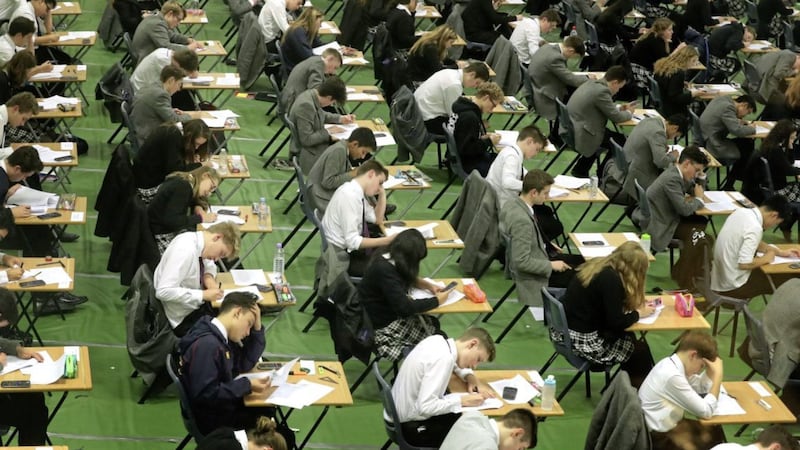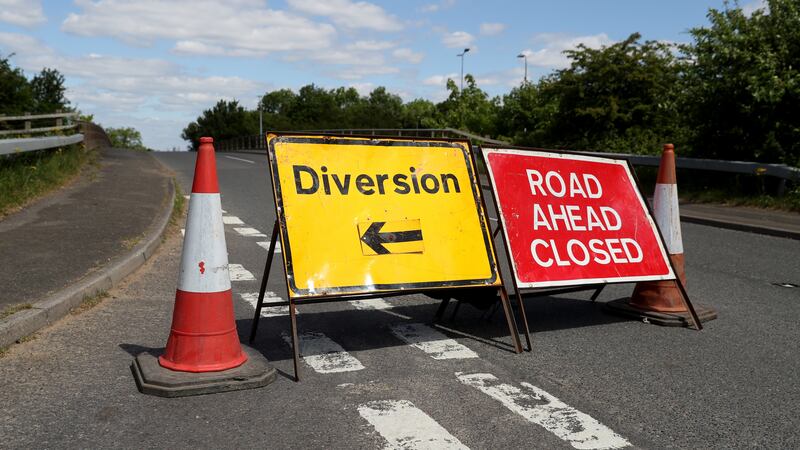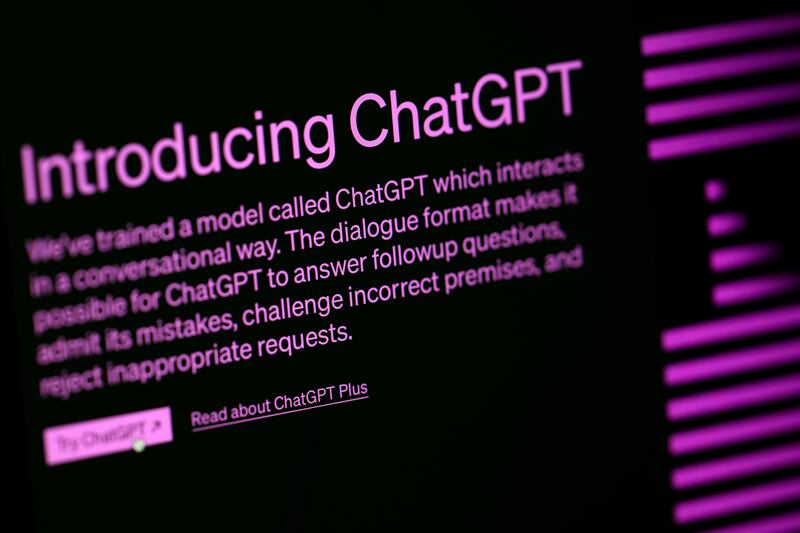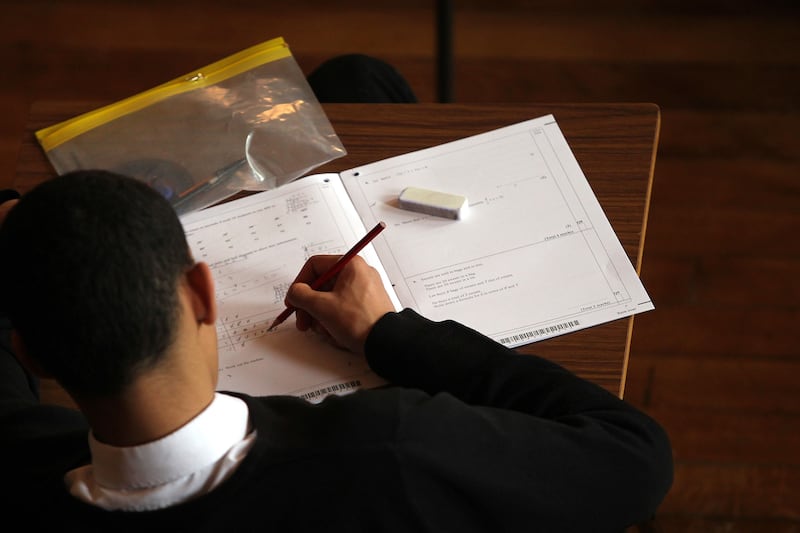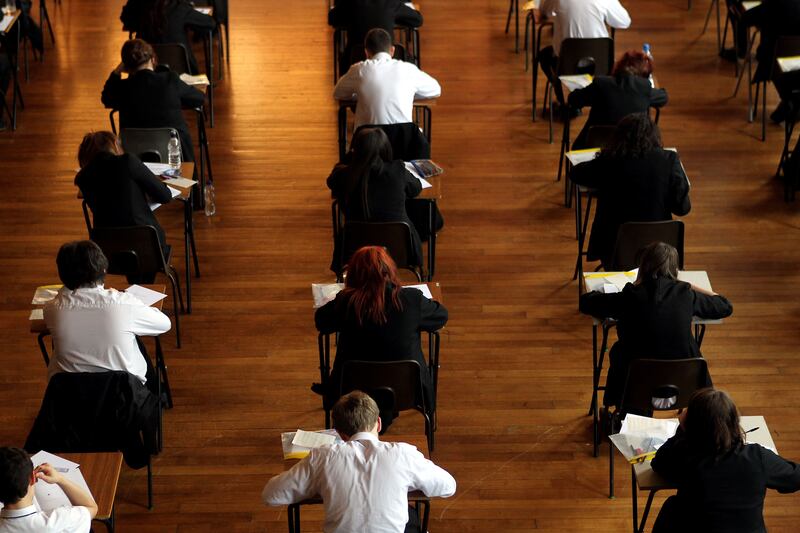SCHOOL should be more than a grade factory, a teachers' leader has warned.
Teenagers across Northern Ireland, England and Wales and will receive their GCSE results on Thursday.
Ahead of GCSE results day, the Ulster Teachers' Union (UTU) warned that a "hot-house exam culture" was not healthy.
The union said it welcomed an inquiry into malpractice by the Joint Council for Qualifications (JCQ), which represents exam boards in Britain and Northern Ireland.
JCQ said although incidents of malpractice remain relatively low, they can have a negative impact on the fairness of the examination system as well as public confidence.
Each year, exam boards have to take steps to mitigate as far as possible the effect of malpractice, for example if a school or college has accidentally or purposefully opened a pack of examination papers early.
Exam boards have clear and robust procedures in place to deter, identify and penalise malpractice. This includes a Centre Inspection Service, which undertakes unannounced visits.
Michael Turner, Director General of JCQ said it was not just exam boards who could take action, there was a responsibility on the whole sector.
"Malpractice is relatively uncommon, but its impact can be significant. Exam boards have robust procedures in place but there is more they and the whole industry can do to deliver improvements," he said.
"Public confidence in the integrity of the system is extremely important and we need to ensure that we more fully understand what drives malpractice, and how we can support school and college staff and leaders."
Avril Hall Callaghan, General Secretary of the UTU said it was essential that teachers, children, colleges, employers and all stakeholders were assured of the integrity of exam results.
"Teachers and young people work too hard for there to be any doubt about this. However, as technology changes and advances we must ensure that no loopholes are created whereby any student would have an unfair advantage," she said.
"Much time and effort is already spent monitoring social media for indications of malpractice. Schools too are taking steps in the exam rooms where mobile phones and smart watches are banned."
Ms Hall Callaghan added that there was a need to look at the reasons why young people were driven to such lengths adding that "the hot-house exam culture is not healthy and school should be more than a grade factory".
"Sadly though, teachers are all too aware of what often appears to be the opposite where their time is increasingly spent endlessly testing and assessing their pupils and filling in the resultant tick boxes," she said.
"That is not teaching and it is not learning. School should a place where children embrace a love of learning and a curiosity about the world around them. That's the lifeskill which arguably serve them most throughout their lives.
"Young people should not feel under such pressure to attain a grade that they are driven to cheat so perhaps we need to look at the system as well as the cheats."
